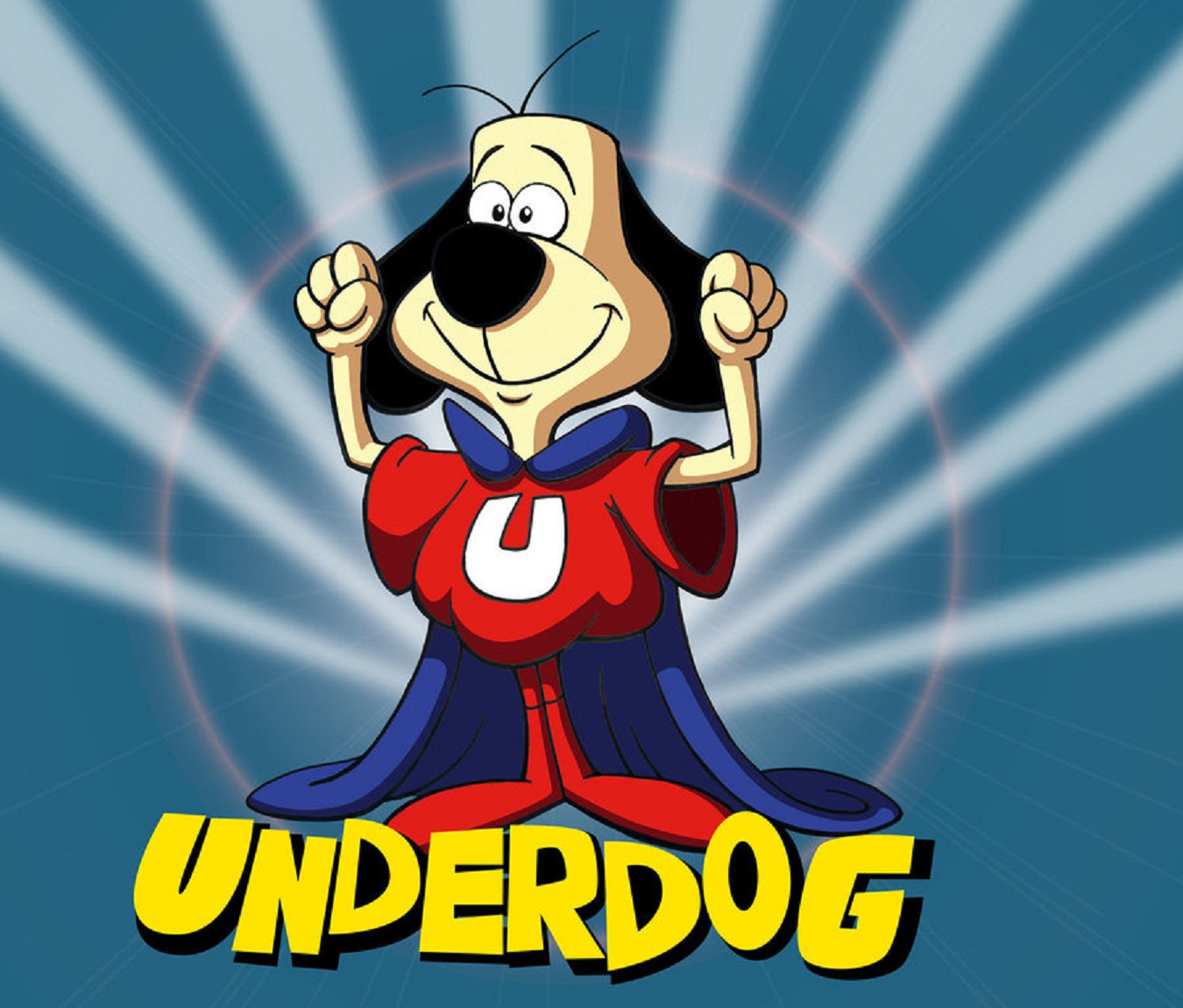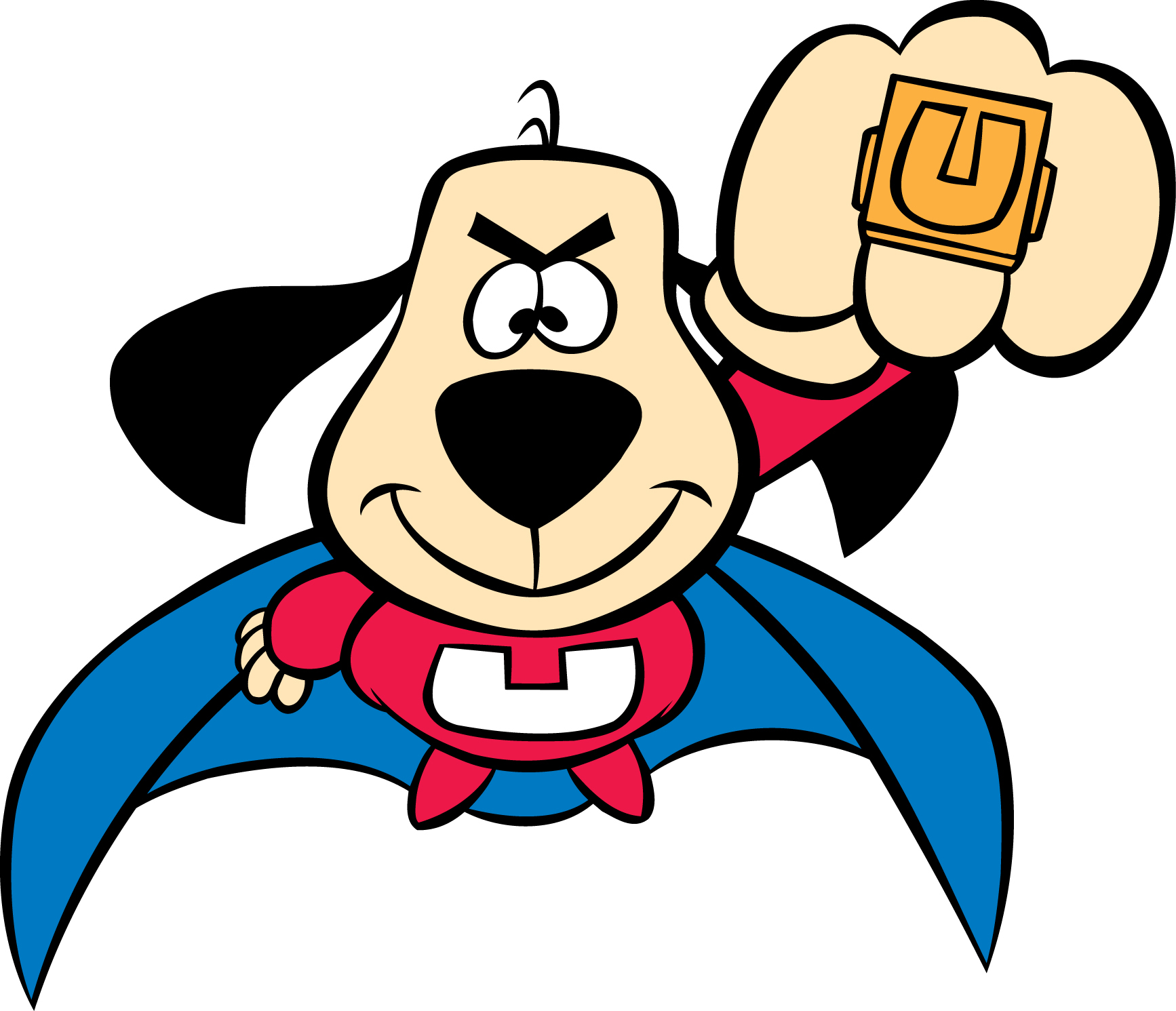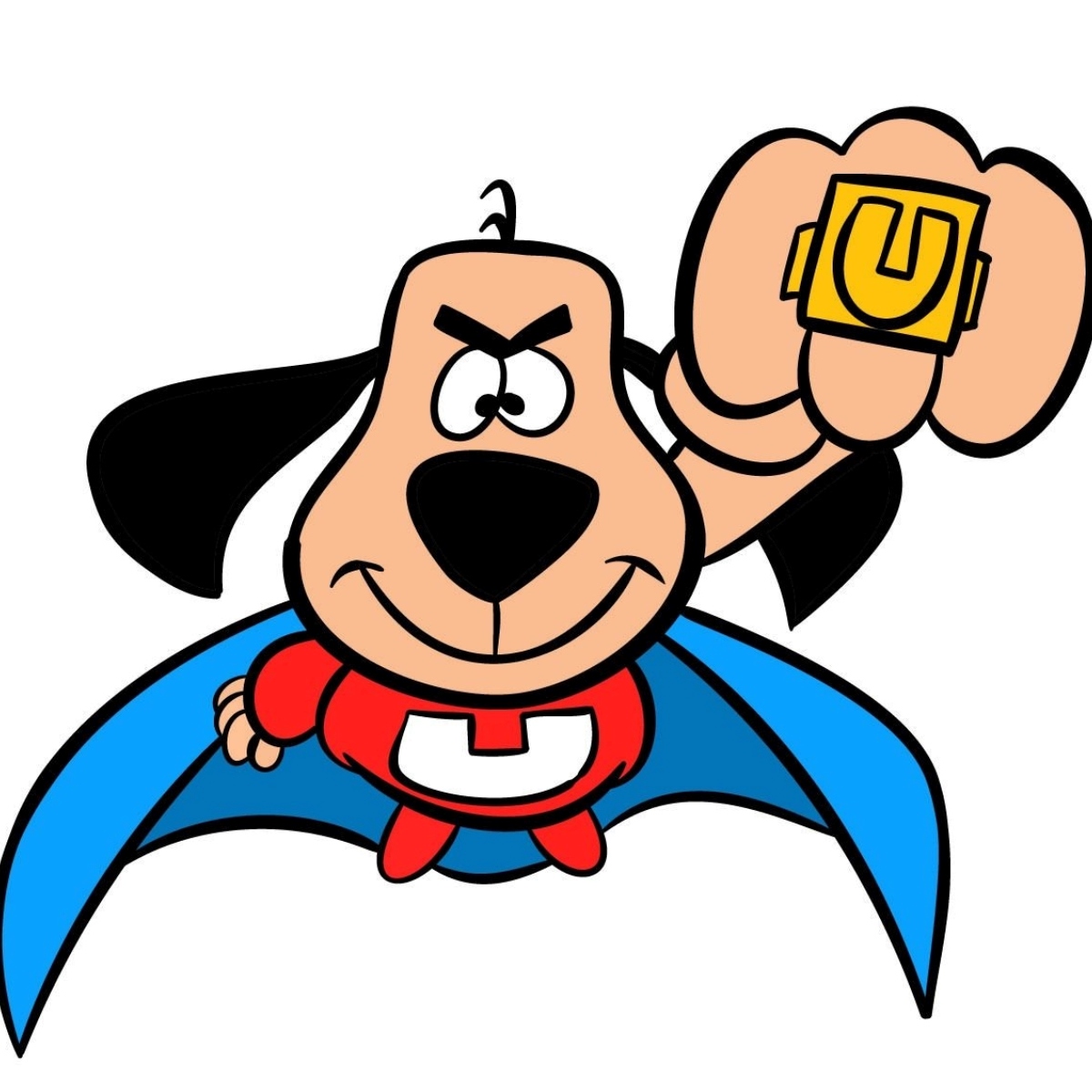Underdog’s Origins and Etymology

Underdog meaning – The term “underdog” has a long and rich history, dating back to the early 19th century. It is believed to have originated in the world of dog fighting, where it referred to a dog that was smaller and weaker than its opponent. Over time, the term came to be used more generally to refer to any person or team that is considered to be at a disadvantage.
In the realm of competition, the underdog’s spirit shines amidst the bustling crowd. Like vehicles in a bumper to bumper traffic jam, the underdog patiently navigates the obstacles, inching closer to the finish line. This unyielding determination serves as a testament to their resilience, proving that even the smallest of contenders can emerge victorious against all odds.
Theories Surrounding its Etymology, Underdog meaning
There are several different theories surrounding the etymology of the term “underdog”. One theory is that it comes from the practice of placing a dog that was considered to be at a disadvantage under the feet of its opponent. This would give the underdog a better chance of winning, as it would be able to trip its opponent or knock it off balance. Another theory is that the term comes from the practice of betting on underdog dogs. In this case, the underdog would be the dog that was given the lowest odds of winning, and therefore the bettor would stand to win more money if the underdog won.
An underdog is someone who is not expected to win or succeed. However, despite the odds being stacked against them, they often manage to overcome adversity and achieve their goals. This is a story that is often told in movies, and one of the most recent examples is the tailgate movie.
In this film, a group of friends who are not expected to win a tailgate competition come together and work hard to achieve their goal. Their story is an inspiring example of how anything is possible if you set your mind to it, and it is a reminder that we should never give up on our dreams, no matter how difficult they may seem.
Whatever its origins, the term “underdog” has become a widely used and well-understood term. It is often used to refer to someone who is facing adversity or who is considered to be at a disadvantage. However, it can also be used in a more positive sense, to refer to someone who is overcoming the odds or who is achieving success despite the challenges they face.
Characteristics and Traits of an Underdog

Underdogs often embody a unique set of characteristics that set them apart from their more formidable opponents. These individuals or teams typically face significant obstacles and challenges, yet they possess the resilience and determination to overcome them.
Defining Characteristics
- Unassuming and Unheralded: Underdogs often go unnoticed or are underestimated by their opponents. They may lack the resources, experience, or reputation of their adversaries.
- Driven by Passion and Determination: Despite their perceived disadvantages, underdogs are fueled by an unwavering belief in their abilities and a relentless pursuit of their goals.
- Resilient and Adaptable: They possess the ability to bounce back from setbacks and adapt to changing circumstances, often using their limitations as a source of strength.
Typical Traits
- Humility: Underdogs recognize their limitations and approach challenges with a sense of humility, acknowledging the need to learn and grow.
- Optimism: They maintain a positive outlook, believing in their ability to succeed even against overwhelming odds.
- Teamwork: Underdogs often rely on strong team bonds and a shared sense of purpose to overcome obstacles.
Famous Underdogs
Throughout history, numerous underdogs have defied expectations and achieved remarkable feats:
- David vs. Goliath: The biblical tale of David, the young shepherd boy who defeated the giant Goliath, epitomizes the triumph of an underdog.
- The United States Olympic Hockey Team (1980): Known as the “Miracle on Ice,” the American team shocked the heavily favored Soviet Union to win the gold medal.
- Leicester City (2015-16): The English Premier League soccer club, with odds of 5000-1, won the championship against all expectations.
The Underdog Narrative in Literature and Media: Underdog Meaning

The underdog narrative is a compelling and enduring trope in storytelling. It taps into our deepest hopes and fears, and it can inspire us to overcome adversity and achieve our dreams.
The Role of Underdogs in Storytelling
Underdogs are characters who are outmatched, outgunned, and underestimated. They are the ones who we root for, even when the odds are stacked against them. Underdogs represent our own hopes and dreams, and their victories remind us that anything is possible.
The Different Ways Underdogs Are Portrayed in Literature and Media
Underdogs can be portrayed in a variety of ways in literature and media. They can be:
- Innocent and vulnerable: These underdogs are often children or young adults who are facing overwhelming odds. We root for them because we see ourselves in them, and we want them to succeed.
- Resilient and determined: These underdogs have faced adversity and come out stronger. They are not afraid to fight for what they believe in, and they inspire us to do the same.
- Clever and resourceful: These underdogs use their wits to overcome their opponents. They are not afraid to think outside the box, and they always find a way to win.
The Psychological Appeal and Emotional Resonance of Underdog Narratives
Underdog narratives appeal to us on a psychological level because they tap into our own hopes and fears. We all want to believe that we can overcome adversity and achieve our dreams. Underdog narratives remind us that anything is possible, and they give us the courage to keep fighting for what we believe in.
An underdog is someone who is perceived to be at a disadvantage in a competition or contest. This can be due to factors such as size, strength, or experience. The term underdog is often used in sports, but it can also be applied to other areas of life, such as business or politics.
One of the most famous underdog stories is the david and goliath story from the Bible. In this story, the underdog David defeats the giant Goliath with a single stone from his slingshot. This story is a reminder that even the smallest and weakest of us can achieve great things if we have the courage to stand up for what we believe in.
Underdogs often face long odds, but they can still achieve victory if they have the heart and determination to succeed.
In the realm of language, underdogs often emerge as unexpected victors. Much like the tenacious underdog, the term “rumpelstiltskin” has evolved into a slang expression signifying an individual who, despite initial skepticism, ultimately triumphs over adversity. This linguistic metamorphosis mirrors the underdog’s remarkable ability to defy expectations and rise to the challenge, proving that even the most unassuming of contenders can emerge victorious.
An underdog is someone who is not expected to win or succeed, but who eventually does. This can be applied to individuals, teams, or even entire countries. Underdog stories are often inspiring, as they show that anything is possible if you set your mind to it.
They also remind us that we should never give up on our dreams, no matter how unlikely they may seem.